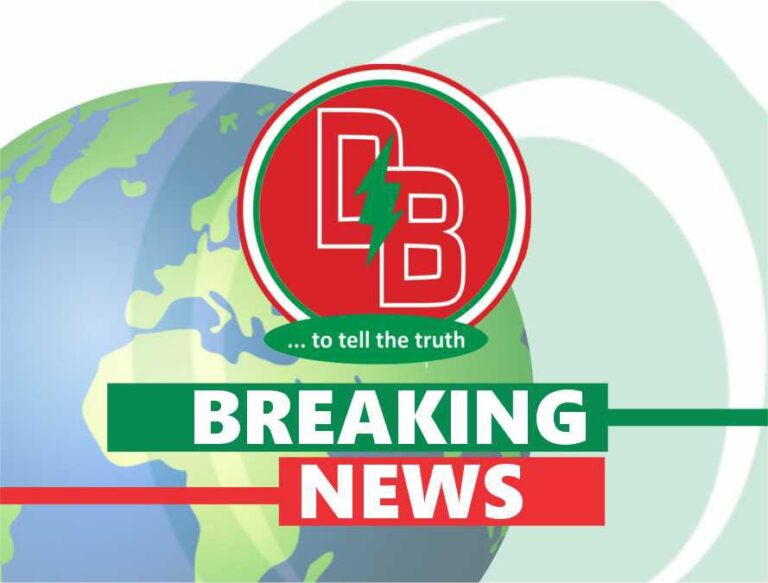Economist and political activist Professor Pat Utomi has responded defiantly to the legal action filed against him by the Department of State Services (DSS) over his recent formation of a shadow government.
Earlier this month, Utomi unveiled the Big Tent Coalition Shadow Government, a body composed of members from various opposition parties, aimed at providing an alternative voice to the Bola Tinubu-led administration. The group, according to Utomi, intends to monitor government actions, highlight policy failures, and propose reforms in critical sectors such as the economy, education, healthcare, law enforcement, infrastructure, and constitutional matters.
The DSS subsequently took Utomi to court, accusing the former African Democratic Congress (ADC) presidential candidate of attempting to unlawfully usurp executive authority and destabilize the country.
In a post shared on X (formerly Twitter) on Friday, Utomi dismissed the charges and reaffirmed his commitment to democratic values. He expressed gratitude for the outpouring of support from Nigerians and revealed that some individuals were mobilizing 500 lawyers to defend him.
Utomi criticized the nation’s priorities, lamenting a political culture that values power and wealth over the well-being of future generations.
“To worship money and power at the expense of the future all our children will live in, with no care for peace and progress, is condemnable by all with a decent conscience,” he stated. “They have a moral obligation to push back on such darkness.”
He also condemned what he sees as selective application of the constitution, particularly regarding lawmakers who defect from the political parties under which they were elected without consequence.
“If DSS enjoys going to court, it should prosecute such violations of the constitution,” he added.
Recalling his activism under the Sani Abacha regime, Utomi referenced a pro-democracy conference he chaired in Ikeja, Lagos, organized by the Catholic Secretariat during the tenure of then Father Matthew Kukah.
“It was put as a question: Is this how democracy dies in Nigeria? The answer is yes. This is how democracy died in Nigeria. Where citizens cannot organize themselves to ask questions of their agents,” he wrote.

